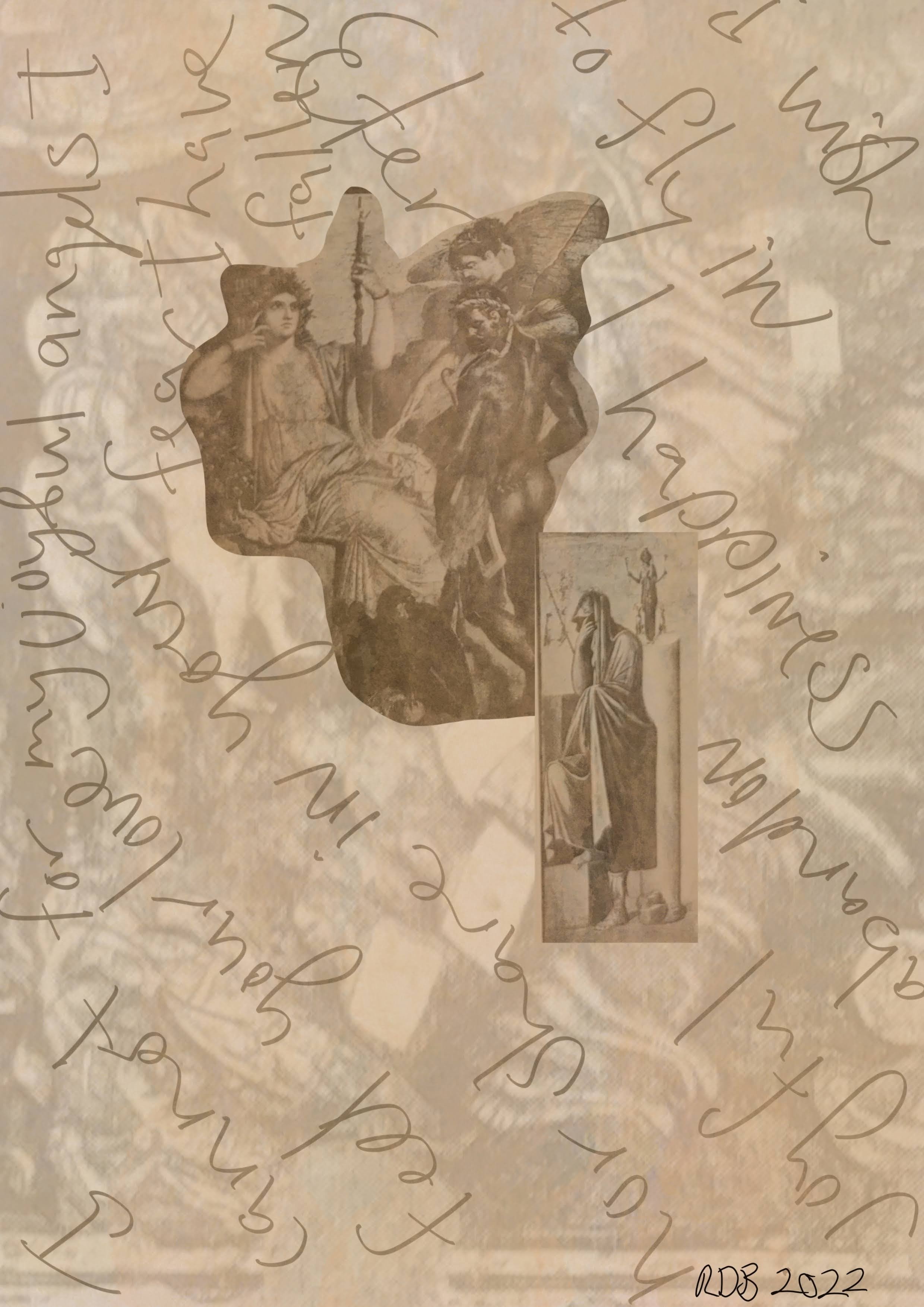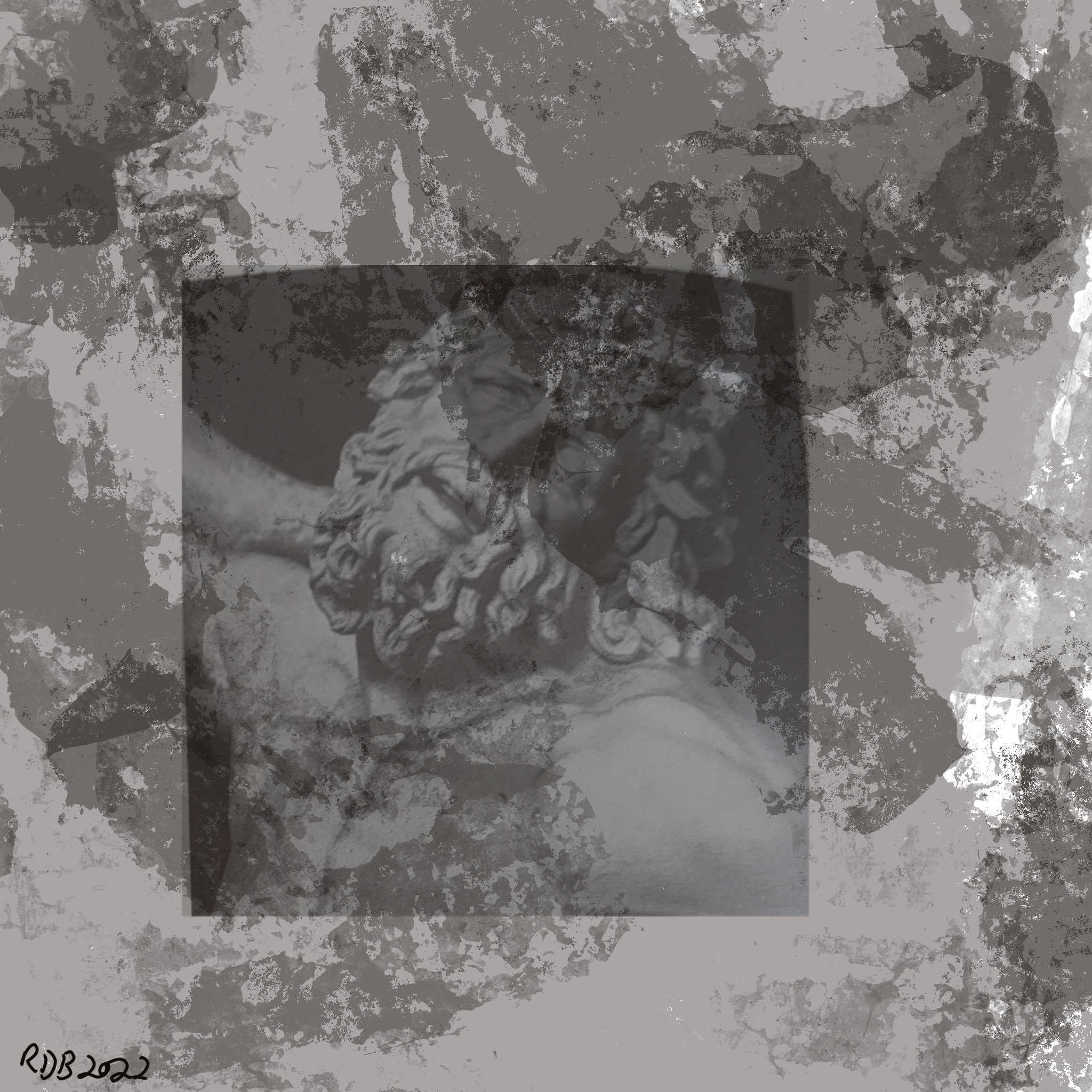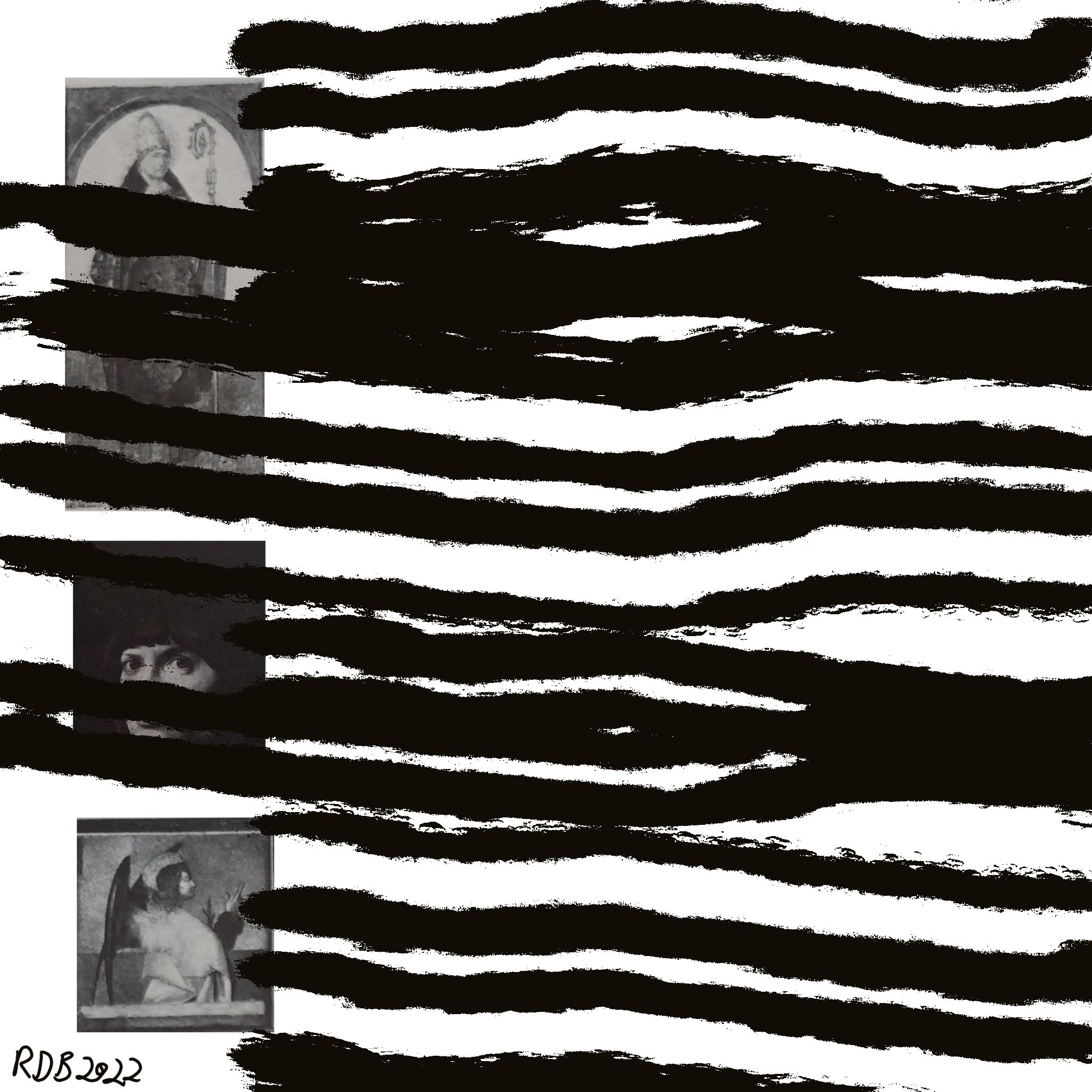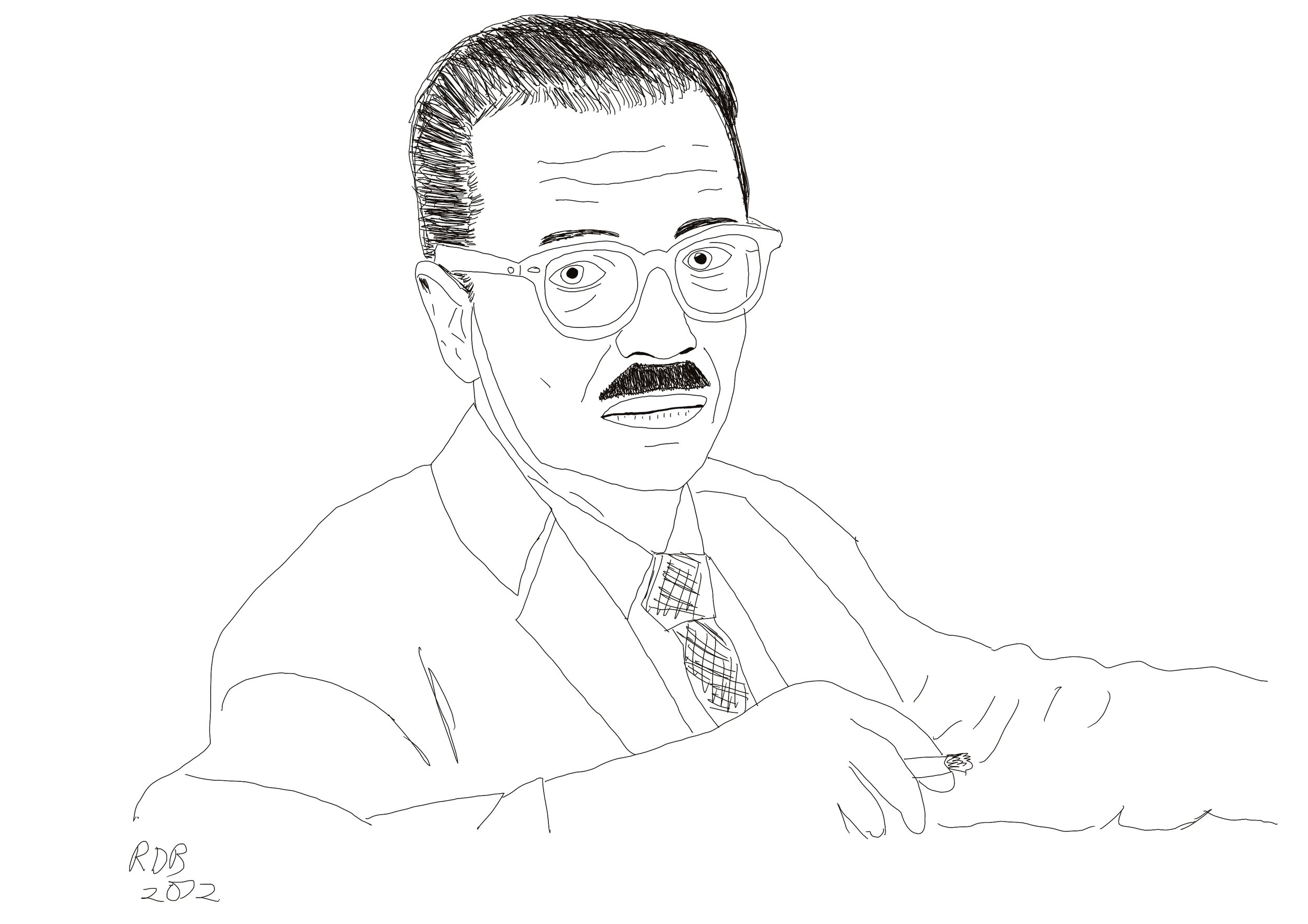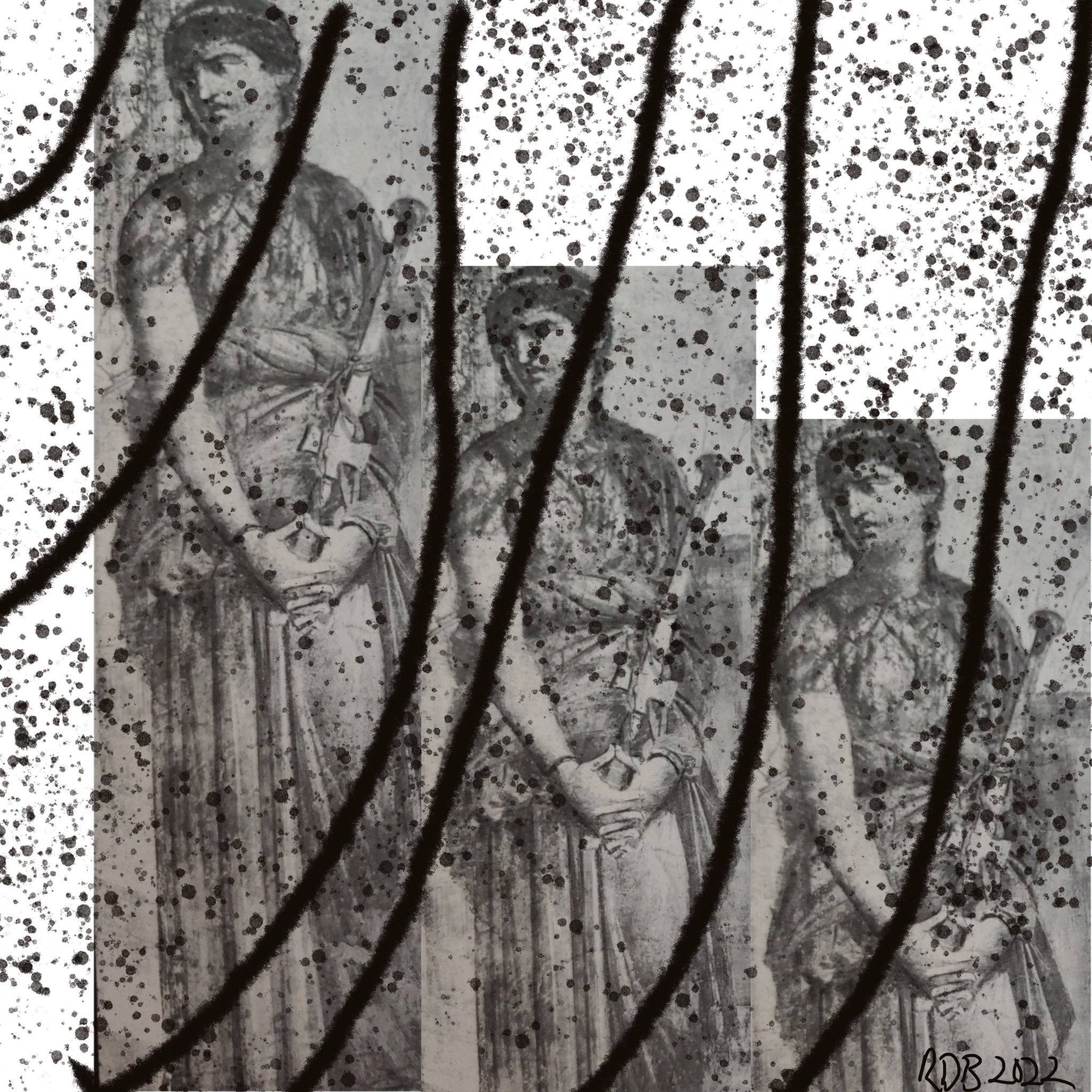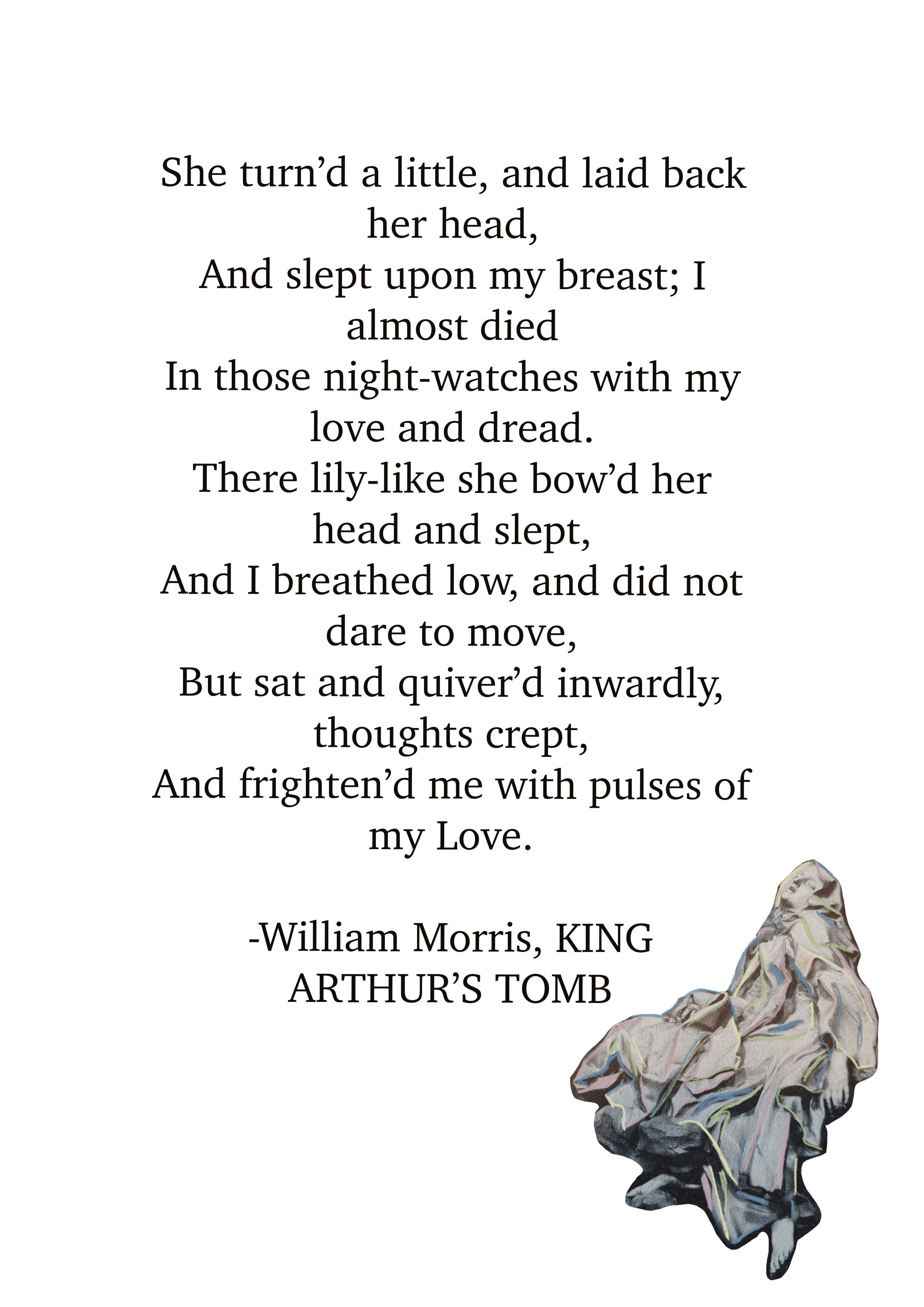A fallen angel
The joyful angels
clearly and precisely
proclaim their destiny
a distinct path lit before them
each step enlightening the heart
my joyful angels how you make me laugh
I wish to fly in your eternal happiness
I cannot feel your love
nor share in your joyful abandon
for my joyful angels, I fear I have fallen.
Coming of age
Gathering the years over time
redressing the innocence
becoming less like a child and more like death
inevitable meanderings trap and pull
into well-worn tracks
we become like everyone else
and less like ourselves
Wise beyond our years
improvisation is a circulated falsehood
a mythological ideology created from nothing
a belief I nothing creates an emptiness
this illness of life kills the presence of the soul
disjointed thoughts make you forget
remember to forget yourself
The coming of age
brings so much and very little
the laughter mocks the tears of frustration
the sobs ridicule the waves of happiness
tender is the touch which pounds the flesh
the physical slap makes things real
remember to make life real.
Wishbone
There is a wishbone stuck in your throat
it sits lodged between your vocal cords
amazingly it does not hamper your voice
in fact, it creates your voice
With every breath, you inhale desirously
ambition to replenish your want for success
The Wishbone absorbs your breath the split bones
two halves pluck you chords
not choking just your voice singing
with the expectation of ongoing expression
Such is the mysterious awe of the performance
the wish expressed through your voice.
A season of light
Do you remember the night of summer lightning?
when the seasons changed
thundering humidity clashing upon itself
to create thick droplets of rain
we sat under the umbrella stars
under the talking sky
we spoke of faith and faithlessness
as the world shifted around us
we dreamed of what could be
and took a moment with us
the restless nature of the storm
we did not worry about the future
we were happy to have our passion
the rain is cleansing the moment before winter.
The same blood
You can be red raw and still sing your song
You can have tears in your eyes and still tell your story.
The truth is where the tale lies
You cannot or should not wait to share it.
The emotion will help you to connect with others
Because everyone can see,
understand and communicate
with feelings
So don’t be afraid to bleed onto the page.
We all have the same blood in our veins.
Nothing goes to waste
Everything serves a purpose
ain’t anything going to waste.
A tear is love which doesn’t know
where to go, it had to come out
or else you would drown.
A beating heart, filled with unrequited regret
is your big soul expressing itself
remember we are made of light
and its got to shine
whether you want it or not
we can’t resist all of this love
sometimes it hurts, we ache for it
we cry for it, it won’t be denied.
None of it is wasted because it is
where we come from
and from whence
we return.
A bit of grief
I know a bit of grief.
It's the moment you realise
you cannot go back on your steps
to make it better
or say I love you again
see someone's face every day,
hear their laugh, trace the outline of their smile,
hold their hand or hug them.
When you learn what it feels like to run out of time.
No more silent pauses in conversations
seeing them across the table,
passing the salad bowl at dinner.
All of those moments you take for granted
stop in your mind,
they are gathered up in memories
and the grieving begins.
I've learnt grief isn't bad,
it's all we have, really,
for our tears are our love
which used to go out
towards those we love.
After they are gone, it has nowhere to go,
so our unexpressed love
becomes our grief.
And as our passion is as undying,
as our mourning.
This strange sadness will never leave
not until our dying days.
It comes over us in the most unlikely moments
in the tiny flickers of memories
the flutter of butterflies
a microscopic movement is enough the overcome us.
Sometimes it's like a tap that
we need to open to let the pressure out.
But mostly, grief is a dark veil that wraps around
our hope, our happiness and faith
and covers our organs which
find they have an extra weight to carry
the resistance makes it harder to breathe
love and move forward when we don't
want to.
It may seem ironic
but I hope we never
stop grieving
because it keeps our
dearly departed near us.
Life doesn't stop
when someone dies,
it merely shifts
and changes into another
gear and somehow
we live with it.
Nothing to know about grief
The thing about losing something
is that there is nothing to know.
It's an emotion that takes hold of you
pushes you around like a bully that doesn't let up.
You put up with it, let it bleed you dry,
cry yourself to sleep until it loses its strength.
And then you can push it under you, into your heart
Occasionally it will bubble up, making you vomit emotions.
Eventually, it will become a part of you
reminding you how capable you are of love
and how love never really leaves you.
Beyond Myself
Oh artist, please paint me
I'm desperate to be immortalised
not because I want to be remembered
I'm happy to be forgotten
but because I want to leap out of the page
through my own words
into another's heart
to connect.
To gaze into another's soul.
Through a time beyond myself.
Five Second book review: John Williams
Stoner by John Williams
I received this book as a gift, and I am so glad I did because this may be the best novel I have read in years.
William's novel Stoner shows us the beauty, drama, passion, frustration, disappointments and fleeting happiness of ordinary life. This novel traces a complete life with its complexities and emotions in a beautiful arch of character development.
The protagonist, Stoner, has been seen as somewhat of a loser in life, the son of a poor farmer sent to get a university to better himself. He falls in love with the world of literature and abandons the farm and his parents to pursue an academic career.
Within the small world that Stoner inhabits in his life at the University of Missouri, we experience life's different seasons and experiences. While commenting on the insular nature of academic institutions, Stoner's experiences also reflect on various broader issues such as the nature of war, friendship, love, sex, family, disappointment, intergenerational changes and mortality.
In the internal monologue of Professor Stoner's life, we see a complete, fully developed human soul living his life out for us on every page. It's genuinely astounding to inhabit Stoner's mind and listen to his internal voice, which ultimately shows us how complex, challenging, and beautiful even a limited, non-eventful life can be.
John William's prose is exquisite, perfectly disciplined, and filled with erudite description and observation.
Rather than being a ''loser,'' I'd see the character of Stoner as an ancient Stois who dedicated his short life to his first and only true love of learning. His intellectual awakening shapes his life and allows him to observe the world and his own life with surprising clarity of understanding and wisdom.
Stoner overcomes so many frustrations, disappointments, and chagrin in his own life that he reminds us that life is a thing of beauty despite all of the difficulties we face. With the help of his intellectual analysis and reflections, Stoner witnesses the beauty of a life lived with honesty which is what makes even a short and uneventful life worth living.
In the small world of the book, John Williams can create a powerful testament to the nature of a human life, which rewards everyone with a complete spectrum of experiences, emotions and worthwhile memories. In the microcosm of Stoner's life, we see a universal message that energy is never wasted and is an absolute thing of beauty.
The stuff of cemeteries
When life becomes a thing of cold hard marble.
When your touch feels the chill
of placing your hand on a tomb.
Searching for warmth and another's touch
when nothing is left but the emptiness of absence.
That is when grief is in your heart.
The chill remains with you every day
I was lucky to have you,
hold you.
Be in your company because this moment is
ever so brief and precious.
You can never hold onto anything
just the love in our hearts
which echoes and reverberates through
bereaved souls.
When things become the stuff of cemeteries and funerals
when the touch of cold marble tombstones
are little consolation against the heat of fresh grief.
When death falls all around you
then that is the time to stop and breathe
hold onto the ones you love
it is impossible to say goodbye
so make memories
search out happiness and
follow what gives you the spark
which is life itself.
Don’t box me in
Except the unexpected
because I'm bursting with ideas
and I'm going to do it all.
So insanely talented,
yet terrified to do anything,
destined to be nothing
but a frustrated artist
too busy watching Youtube
scrolling Instagram and playing
Candy Crush,
brainwashed into wasting time.
Soul crushed by comparison.
Why bother trying when
is it all taken away from you in the end?
Five second book review: Charlotte Perkins Gilman
The Yellow Wallpaper by Charlotte Perkins Gilman
This is a disturbingly creepy short story. It is a superb, restrained and masterful piece of prose with an attuned aesthetic sense. The story is an intriguing portrait of mental illness and obsession.
It is a thoroughly absorbing reading experience that transports the reader deep into the mind of an unnamed young writer and mother who gradually slips into another reality.
I’ve had better days
There have been better days than now,
felt less lost and confused
not so sad or deflated
I wish for one of those
better days instead of smack
bang in one of the worst ones.
Nothing going right
love went to waste
efforts all worthless
and so, so far away
from everyone I love.
The hurt comes in tears
that bastard blows up in
your face,
whether you like it or not
that emotion's going to come
knock you over and make you
I wish for better days.
They will come; be patient.
The same blood
You can be red raw and still sing your song.
You can have tears in your eyes and still tell your story.
The truth is where the tale lies.
You cannot or should not wait to share it.
The emotion will help you to connect to others.
Because everyone can see you
understand and communicate
with feelings.
So don’t be afraid to bleed onto the page
we all have the same blood in our veins.
William Morris: a creative inspiration
William Morris (1834 – 1896) was a British textile designer, poet, artist, novelist, architectural conservationist, printer, translator and socialist activist associated with the British Arts and Crafts Movement. He was a significant contributor to the revival of traditional British textile arts and production methods. His literary contributions helped establish the modern fantasy genre, while he helped win the acceptance of socialism in fin de siècle Great Britain.
Morris was born in Walthamstow, Essex, to a wealthy middle-class family. He came under the strong influence of medievalism while studying Classics at Oxford University. After university, he married Jane Burden and developed close friendships with Pre-Raphaelite artists Edward Burne-Jones and Dante Gabriel Rossetti and Neo-Gothic architect Philip Webb. Webb and Morris designed Red House in Kent, where Morris lived from 1859 to 1865 before moving to Bloomsbury, central London.
In 1861, Morris founded the Morris, Marshall, Faulkner & Co. decorative arts firm with Burne-Jones, Rossetti, Webb, and others, which became highly fashionable and much in demand. The firm profoundly influenced interior decoration throughout the Victorian period, with Morris designing tapestries, wallpaper, fabrics, furniture, and stained glass windows. In 1875, he assumed total control of the company, renamed Morris & Co.
Morris rented the rural retreat of Kelmscott Manor, Oxfordshire, from 1871 while also retaining a main home in London. His visits to Iceland with Eiríkr Magnússon were of great inspiration, and they led him to produce a series of English-language translations of Icelandic Sagas. He also achieved success with the publication of his epic poems and novels, namely The Earthly Paradise (1868–1870), A Dream of John Ball (1888), the Utopian News from Nowhere (1890), and the fantasy romance The Well at the World's End (1896).
In 1877, he founded the Society for the Protection of Ancient Buildings to campaign against the damage caused by architectural restoration. He embraced Marxism and was influenced by anarchism in the 1880s. Morris became a committed revolutionary socialist activist. He founded the Socialist League in 1884 after an involvement in the Social Democratic Federation (SDF), but he broke with that organisation in 1890. In 1891, he founded the Kelmscott Press to publish limited-edition, illuminated-style print books, a cause to which he devoted his final years.
Morris is one of the most significant cultural figures of Victorian Britain. He was best known in his lifetime as a poet, although he posthumously became better known for his designs. The William Morris Society, founded in 1955, is devoted to his legacy, while multiple biographies and studies of his work have been published. Many of the buildings associated with his life are open to visitors, much of his work can be found in art galleries and museums, and his designs are still in production.
I accidentally came across William Morris's designs while flicking through an art book dedicated to design and pattern making. I was looking for some inspiration for blog graphics after I was in a rut.
When I looked at his beautiful designs, inspired mainly by the English countryside and nature, I became completely enamoured with his art. His work is as timeless as spring itself, and many of his textile designs are still very popular today.
I recalled reading some of his poetry while studying the Victorian period in my literature degree, so I went back and delved into his writing.
As you can see from his biography, he was a dynamic Victorian who was creative but used his creativity to explore his interests and create an extremely lucrative business. The list of innovative pathways is astounding, from visual art to literature and politics—a wonderfully inspiring individual.
Diving deeply into a William Morris sidetrack, I downloaded his complete works, available as an Ebook on Kindle. It still is so exhilarating to be able to download your favourite writer's works from the past in an instant (perhaps I am showing my age, but this gen X still remembers having to go down to the library to search out these kinds of things!)
His poetry is exquisite and illustrates his love of all things Medieval. It still amazes me how someone can be a master of so many creative elements. His writing is vivid, passionate, vibrant and masterly. The images of Guenevere and Launcelot leap out at you from the page. And he is a maestro of the complex structure of the medieval sonnet form.
Reading the first two poems from his 1857 collection, The Defence of Guenevere and other poems, I immediately fell in love with his poetic gift. In particular, The Defence of Guenevere and Kind Arthur's Tomb have such an imaginative artistic sensibility that they take away your breath. His attention to detail and his command of the language is spellbinding. I am totally in love with his poetic work.
Yet, despite the apparent beauty of his work, even Morris had some setbacks thanks to the critics.
This poetry collection was largely self-funded. It sold poorly, and the negative reviews put Morris off publishing other poems for eight years. Just think how many more published collections we could have from Morris if not for this poor critical response. Thank goodness he had the foresight to continue his work in private and never stopped writing.
Willian Morris's poem The Defence of Guenevereis a dramatic monologue from the point of view of Guenevere, the wife of King Arthur, who defends herself after being accused of adultery with the King's trusted knight, Sir Launcelot.
Morris's use of archaic terms is characteristic of his medievalism – and the poem itself is part of a broader Victorian tendency to see the mediaeval period as one of a lost pre-industrial simplicity. Yet, there is also a trace of the more modern influence of Tennyson in the poem's complex imagery and psychological insight – as well as the use of the dramatic monologue, a form invented by Morris' contemporary Robert Browning.
Morris is a creative inspiration simply because of his immense scope over many different creative industries. His approach was typically Victorian, diligent, focused and determined. I'm grateful that he continued steadfastly on his creative path, so we have many examples of his exquisite works today.
I'm still working my way through his poetic works, which are so rich and substantial. I am also thankful he didn't listen to the critics and continued working away. Yet again, like most other creatives, Morris reinforces the most important lesson to always keep in mind as a creative professional: to always continue with your work. Believe in your value, in what you are saying and never give up.



